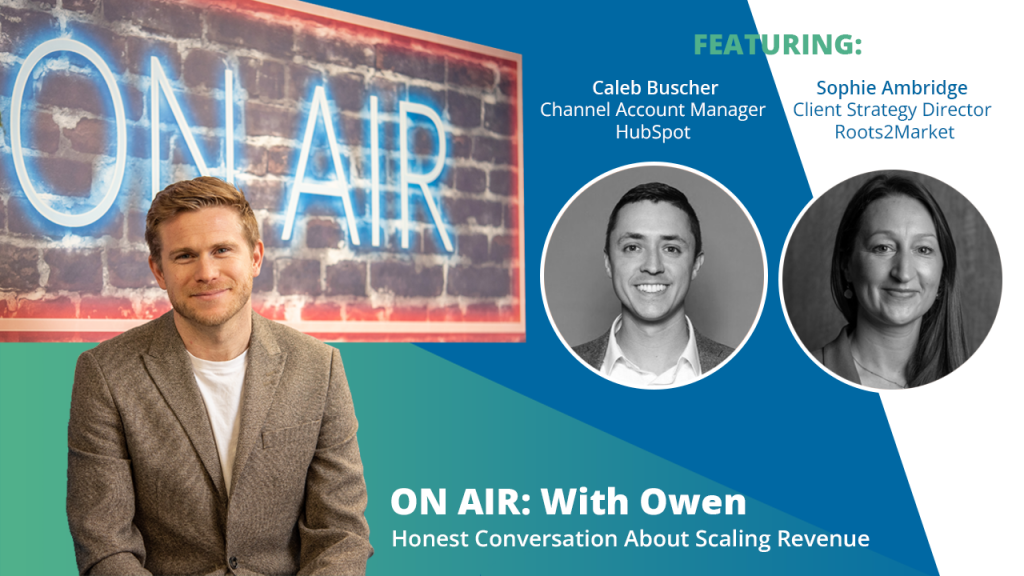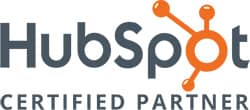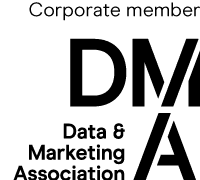Onboarding your sales team represents a real opportunity to engage and educate your new employees about your business and shape how they speak to your market. If you get it right, your new hires will be productive sooner than you think and feel raring to go. Conversely, an ineffective or unclear onboarding experience will do little to inspire confidence in their ability to deliver their targets; or, worse, cause them to lose faith in your business resulting in a hasty departure. And this is why so many organisations experience high churn: they invest time and effort in communicating their culture throughout the interview process, but it all falls off a cliff swiftly after. You easily bridge this gap with some reflection on your onboarding experience. Think about what your employees need to know to do their jobs, e.g. product knowledge, playbooks, call scripts and training materials. Now think about what they need to be genuinely successful, training, support, mentoring and a culture where they can ask questions and seek knowledge without fear of knockbacks or reprisals.
Now you may be thinking, yeah, but salespeople will sink or swim, and they’ll be thick-skinned enough to weather anything we throw at them. That’s true for some salespeople but by no means all. As we covered in our previous blog, Planning and Hiring and Outbound Sales Function, all salespeople are different and will have a range of needs. If you take the ‘sink or swim approach’, you will experience high churn, and that’s demoralising for everyone in your team because it creates a powerful barrier to building team rapport and a high-performance culture.
Don’t overwhelm new hires
There are a few schools of thought around sales training. I believe you need to upskill and arm your new hires with the product training; they’ll need to sell your services and products effectively. You don’t need to block in two or three solid weeks of intensive training, and doing that could be counterintuitive. Research reveals 84% of sales training is forgotten within the first three months. It’s a lot for people to retain and remember, and it’s the antithesis of the in-role learning that people find so helpful once they’re taking calls. It’s worth thinking about how you can break up product training, where appropriate, with other equally valuable elements of the onboarding experience.
Train outside the classroom because exposure to the entire business matters
Draw on the experiences of everyone in the business to give your new hires a real sense of your culture, your operating model and the way you conduct business. Shadowing can provide compelling insight for recruits, so invite them to marketing meetings to see the messaging and methods you use to talk to your market, which will help them when they’re talking to prospects. Expose them to account management calls and meetings so they can get a feel for how you collaborate with and support your clients. It’s also a brilliant insight into how you deal with challenges and objections in real life outside of a formal training environment. Peer-to-peer mentoring or ‘buddy systems’ can work well to support informal, on-the-job learning and give your new hire a go-to resource for questions they don’t want to bring to management or schedule meetings to discuss.
Set clear expectations and invite honest questions
As a founder and an experienced sales professional, it matters to me that new employees know that my door is open, and they can ask me questions about the business. I want to know their concerns, and I want to encourage them to be curious and seek knowledge from their managers and peers because it’s an organic and brilliant way to learn. Equally, it’s essential that I set clear expectations and communicate my vision for the business, so we start their journey on the same page.
Embrace ready to go attitudes (whilst providing support)
This might be deemed controversial, but I can only speak from my own experience. Early on in my career, I would have been very disappointed if I’d left a new sales role and hadn’t been allowed to speak to a customer on my first day. I fully understand that different organisations have different policies. Others aren’t comfortable allowing a new hire to have a customer or prospect until they’ve completed weeks, maybe even months of training. Where possible, I would encourage you to embrace those enthusiastic types and give them all the support they need to get going as quickly as possible; it will instil confidence and achievement they cannot get from any amount of success in role-play or simulated training environments.
If you’d like to talk more about any of the topics discussed in this blog or discuss developing your sales strategy, get in touch call 0808 178 6606 or email contact@air-marketing.co.uk.
Opinion Piece by Owen Richards, Founder & CEO






